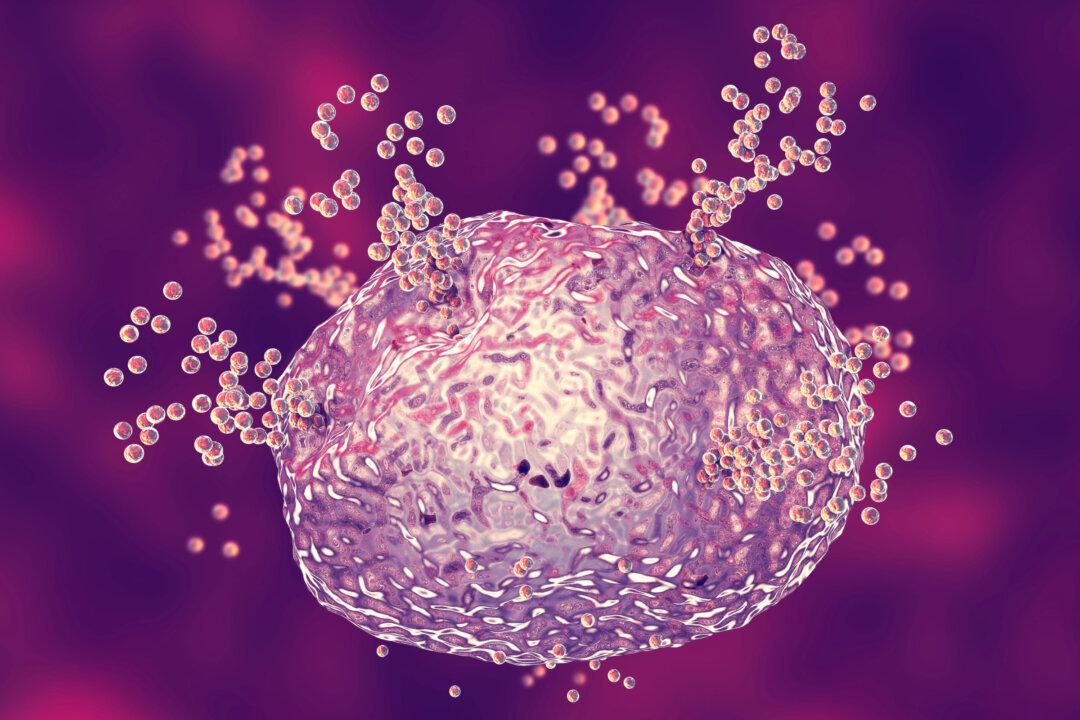Insulin Resistance
Insulin is a hormone that helps to control the amount of glucose (blood sugar) in an individual’s blood. Glucose is the main source of fuel in the body. Insulin works to pull glucose from the bloodstream and insert it into the body’s cells. Insulin resistance occurs when the cells in the liver, muscles, and body fat ignore or resist insulin’s signaling attempts.Estrogen and Its Relationship With Menopausal Weight Gain
Many women experience weight gain as they go through menopause. This is typically due to a lack of estrogen because estrogen helps to optimize insulin. Estrogen and progesterone production slow down gradually over time as a woman goes through each stage of the menopausal process. As this happens, the body has a greater potential to develop insulin resistance.Risk Factors for Menopausal Weight Gain
There are a variety of risk factors associated with menopausal weight gain. Some are physiological and are considered to be nonmodifiable factors. However, psychological and lifestyle-related risk factors can be modified in a variety of ways.Physiological Factors
- Aging.
- Decrease in basal metabolic rate and lean mass: Excess weight gain over a short period of time is often observed to coincide with a decline in lean mass. As a menopausal woman’s metabolic rate slows down, she may struggle to burn calories effectively enough to maintain an appropriate caloric balance.
- Secondary causes: Conditions such as polycystic ovary syndrome, hypothyroidism, or musculoskeletal disorders such as osteoporosis or osteoarthritis can all be recognized as a primary contributing factor to menopausal weight gain.
Psychological Factors
- Negative emotional state (depression, stress, anxiety, or mood disorders): Menopausal women may experience these forms of psychological distress, often influenced or triggered by body image concerns. Menopause brings about so many physical changes over time, and some women may find this particularly challenging on an emotional level.
- Emotional eating: Food is comforting, and some menopausal women may turn to food as they combat insecurities and challenges.
Lifestyle Factors
- Excessive calorie consumption.
- Excessive amounts of sugar and processed foods.
- Lack of physical activity.
- Lack of sleep.
- Smoking and alcohol consumption.
- Low dietary fiber.
Tips for Managing Blood Sugar During and After Menopause
Proper blood sugar stabilization and ongoing management of blood glucose levels are key to avoiding weight gain during menopause and beyond.Low-Carb Diet
A low-carb diet to minimize glucose intake is highly recommended for women in menopause and postmenopause. Limiting carbohydrate consumption can also make a significant impact on weight loss and blood sugar regulation.Consuming a nutrient-dense diet full of nourishing foods including grass-fed meat, fish, fruits and vegetables, raw dairy, fermented foods, seeds, and healthy fats will not only keep the body feeling full and satisfied but also help to reduce cravings and keep the blood sugar stable.
Equally important as eating a nutrient-dense diet is avoiding processed foods filled with sugar, inflammatory industrial seed oils, and artificial ingredients. These food products will not only leave the body unsatisfied and generate cravings, but they'll also cause blood sugar spikes and put stress on the body.
Exercise
Exercise is vitally important to maintaining stable glucose levels. It can also help the body to learn how to use insulin in an effective way. There are a variety of reasons women may become less active during menopause, such as physical limitations, lack of energy, and lifestyle changes that don’t require them to be as active day-to-day. Carving out intentional time each day to move the body can go a long way.Regular daily exercise to burn sugar in the body can be done in a variety of ways based on physical ability and preference. A simple activity such as walking 30 minutes per day or 10 to 20 minutes after each meal can make a huge difference in keeping blood sugar stable throughout the day. Other forms of moderate aerobic exercise such as swimming, jogging, or biking can help add variety to an exercise routine, and adding resistance training exercises can help maintain bone dentistry and mass and avoid conditions such as osteoporosis.
Ensure Proper Thyroid Function
Menopause’s decreasing estrogen levels can affect the thyroid hormone at the cellular level and therefore affect metabolic health. Hypothyroidism is when the thyroid gland isn’t producing enough thyroid hormone. This causes the metabolism to slow down, which could further cause weight concerns in menopausal women. A skilled provider should run a thorough thyroid panel and know how to correct any imbalances.Supplement With Berberine and Cinnamon
Supplementing with berberine and cinnamon can significantly help to control blood sugar.Berberine, traditionally used in Chinese and Ayurvedic medicine, is a compound found in plants such as Phellodendron, European barberry, and goldenseal. By activating the AMPK protein, berberine helps the body learn to effectively process insulin, which awakens fat-burning enzymes and helps to reduce body fat over time.
Hydration
Keeping hydrated each day helps to flush excess blood sugar through the kidneys and out of the body through urine. Drinking properly filtered water is recommended, and it’s beneficial to add a pinch of unrefined salt to help keep minerals and electrolytes balanced. People often mistake thirst for hunger and eat extra calories but remain dehydrated.Manage Stress
Day-to-day stress management is an effective method to keep glucose levels under control. When the body is experiencing stress, cortisol levels begin to increase, signaling the body to produce more glucose.It’s important to work to identify the causes of stress and seek to eliminate or decrease those stressors whenever possible. While that may not be an option at times, there are a variety of ways to manage stress, such as spending time outdoors, engaging in your favorite hobby, talking about your stress with a trusted loved one or therapist, and allowing time for prayer or meditation each day. Finding ways to relax deeply using breathing techniques or practicing yoga can be helpful in daily stress management and easing anxiety.





